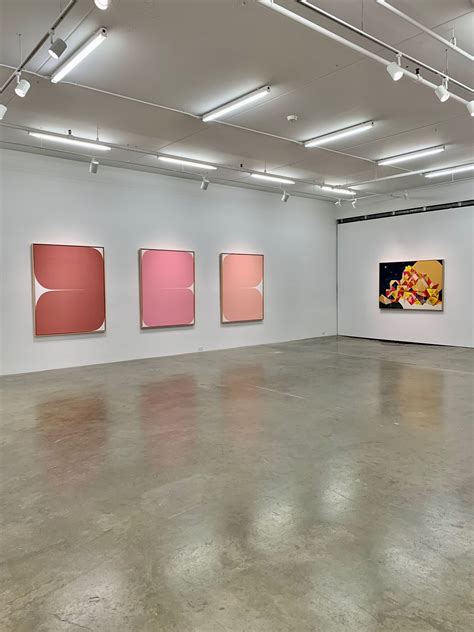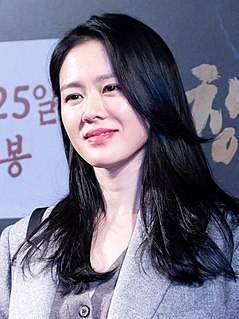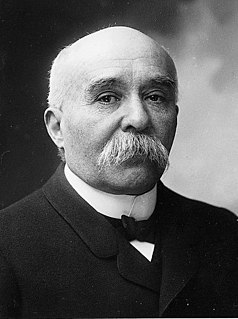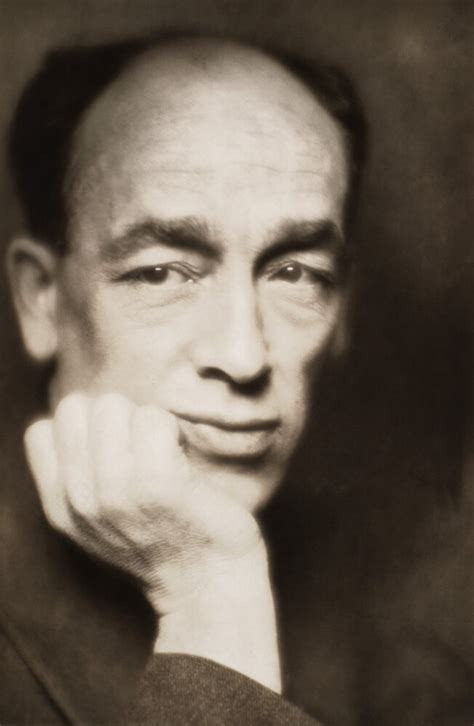A Quote by Emile Zola
When a peasant begins to feel the need for instruction, he usually becomes fiercely calculating.
Quote Topics
Related Quotes
"The first awareness of the child comes with his ego. He becomes aware of the "I", not of the Self. Really, he becomes aware first of the "thou". The child first becomes aware of his mother. Then, reflectively, he becomes aware of himself. First he becomes aware of objects around him. Then, by and by, he begins to feel that he is separate. This feeling of separation gives the feeling of ego, and because the child first becomes aware of the ego, ego becomes a covering on the Self. "
The charity that begins at home cannot rest there but draws one inexorably over the threshold and off the porch and down the street and so out and out and out and out into the world which becomes the home wherein charity begins until it becomes possible, in theory at least, to love the whole of creation with the same patience, affection, and amusement one first practiced, in between the pouts and tantrums, with parents, siblings, spouse, and children.
By destroying the peasant economy and driving the peasant from the country to the town, the famine creates a proletariat... Furthermore the famine can and should be a progressive factor not only economically. It will force the peasant to reflect on the bases of the capitalist system, demolish faith in the tsar and tsarism, and consequently in due course make the victory of the revolution easier... Psychologically all this talk about feeding the starving and so on essentially reflects the usual sugary sentimentality of our intelligentsia.
The act of compassion begins with full attention, just as rapport does. You have to really see the person. If you see the person, then naturally, empathy arises. If you tune into the other person, you feel with them. If empathy arises, and if that person is in dire need, then empathic concern can come. You want to help them, and then that begins a compassionate act. So I'd say that compassion begins with attention.







































